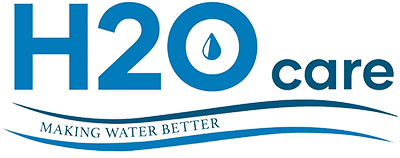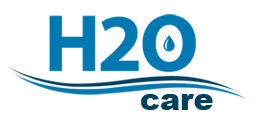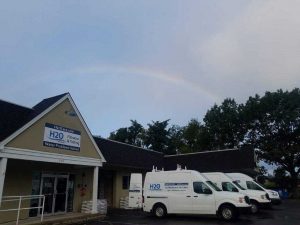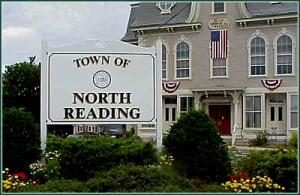
Water Filtration Solutions
DETERMINING WHICH WATER FILTRATION SYSTEMS TO INSTALL
A water test is the best place to start to determine which contaminants or minerals should be removed. . Additionally, estimating volume & other information will lead to the proper sizing of the filtration equipment.
WATER TEST & ANALYSIS
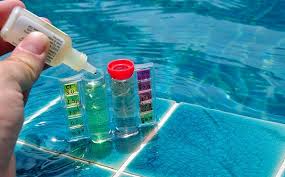
Water Testing
Preferably, testing should be conducted by an EPA or Massachusetts state certified laboratory. Additionally, for proper sampling or for what to test, you should contact a lab or water treatment professional for assistance. Furthermore, certain items can be tested for on-site by a qualified water treatment professional However, for health threat contaminants, a proper sample should be taken to a certified state laboratory.
COMMON WATER QUALITY ISSUES – Private Wells & Public Supplies
Common issues encountered in private wells and some public water supplies are hardness, manganese and iron. Additionally, low pH and sometimes radon and arsenic may be detected. Additionally, if testing results for Radon exceed the current Massachusetts guideline of 10,000 pCi/L in water, it must be removed.. Notably, New Hampshire requires action if radon is only 2,000 pCi/L (Pico curries per liter), Maine and Rhode Island are at 4,000 pCi/L. Also, the maximum allowable level of Arsenic in drinking water per the EPA is .01 mg/L (Milligrams per liter) or 10 parts per billion.
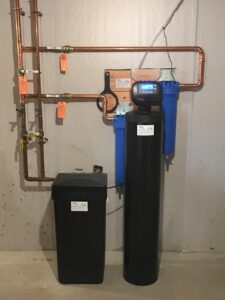
High Efficiency Water Softener
TYPES OF WATER FILTRATION SYSTEMS
A water softener will remove dissolved iron, dissolved manganese and hardness minerals from the water. Furthermore, sediment filters will remove particulate iron or manganese in the water as well as other forms of sediment. In addition, there are many other types of systems depending on what needs to be removed from the water. Some of these systems are presented in this write-up.
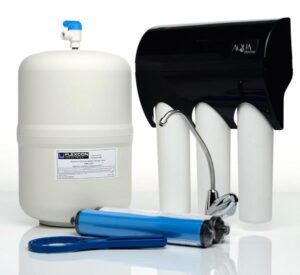
Reverse Osmosis Drinking Water Purification System
REGIONAL HEALTH THREATS – Radon & Arsenic in Private Wells
Removing radon from water requires a system where the water is highly agitated releasing the radon gas from the water into a sealed chamber, Subsequently, it is safely vented outside the home to ambient air. These systems are typically installed in the basement at the water supply point of entry.
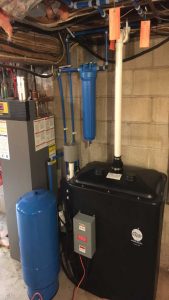
Radon in Water Removal
Arsenic is removed with tanks containing a specific media that “grabs” the arsenic out of the water. The tanks are exchanged over time as their removal capacity exhausts.
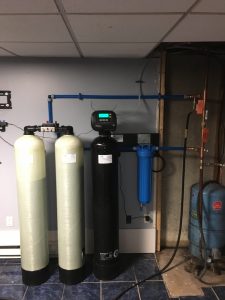
Twin Arsenic system with Ozone
